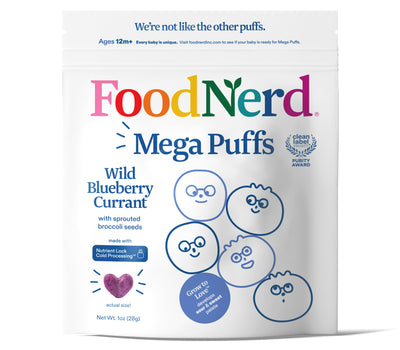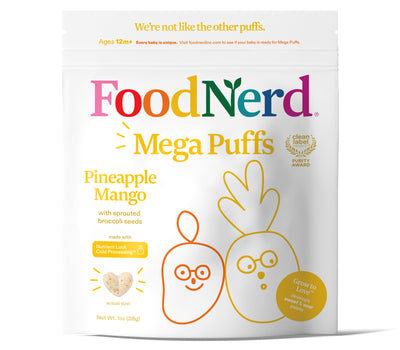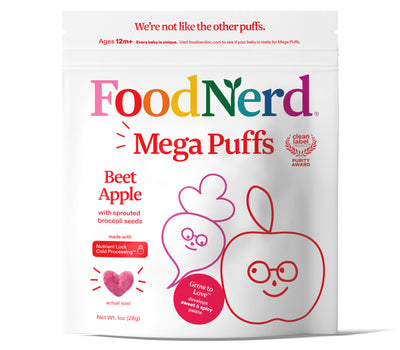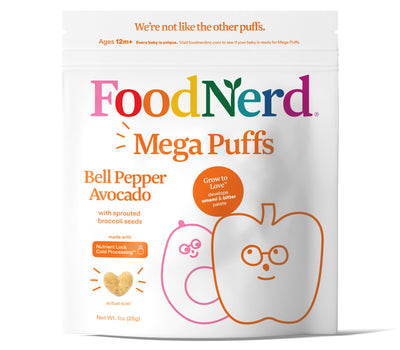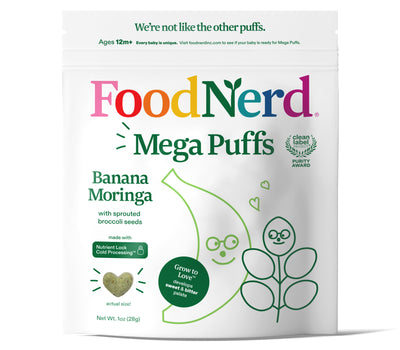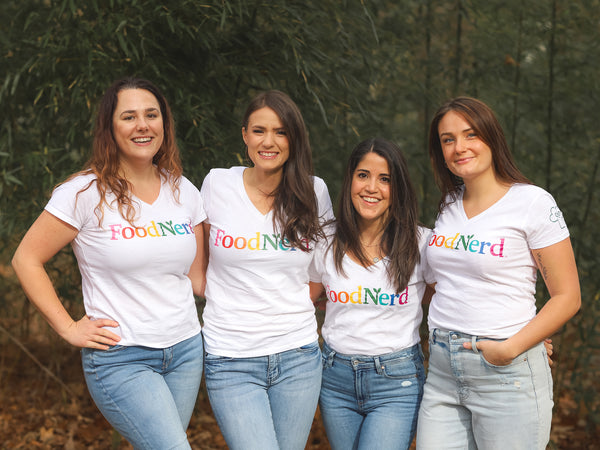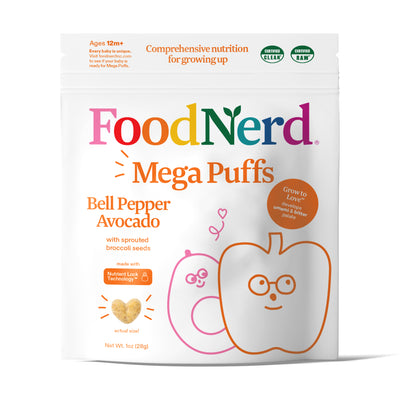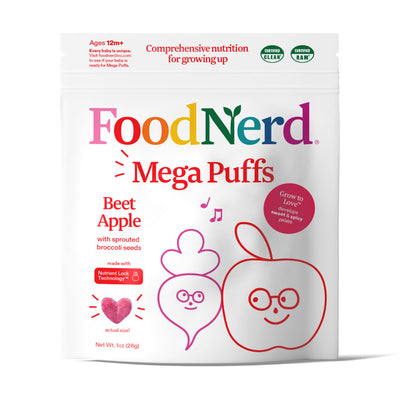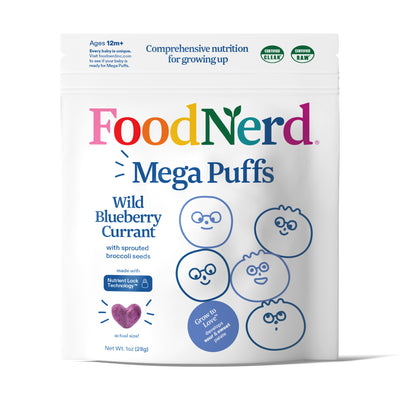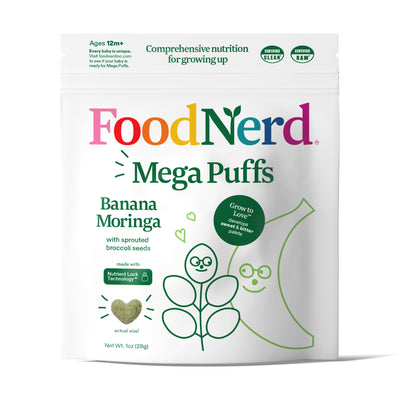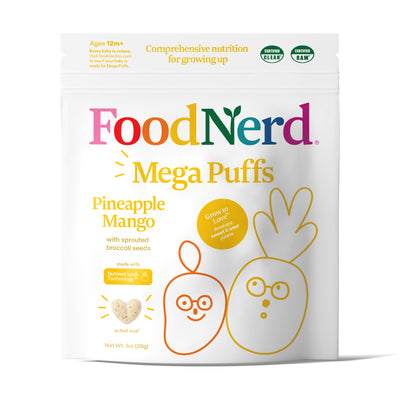Author: Trish Shea R.D.
Guess that Vitamin
In 1919, this vitamin was proposed as a treatment for a debilitating childhood disease. It is the only vitamin that acts as a hormone and has a natural non-food source.
Got you stumped?!
The answer is of course is vitamin D.
What is Vitamin D & Why Do We Care?

Vitamin D is a fat-soluble vitamin also known as calciferol. It is more than just a vitamin and includes a family of nutrients that are similar in chemical structure.
For example, it exists in two main forms: vitamin D2 (ergocalciferol) and vitamin D3 (cholecalciferol). It is also a prohormone or substance that our body converts into a hormone. We can acquire vitamin D from three different sources
1. Food
a. Naturally found in very few foods
b. Food fortified with Vitamin D
2. Sunlight
a. When ultraviolet rays from the sun hit our skin, it triggers the body to produce vitamin D
3. Supplements
a. More on this later
Vitamin D obtained from these three sources is not biologically active and must undergo a few chemical reactions before it is transformed into its active state (the form it must be in to have an effect on the body).
Vitamin D has many important functions in the body:
- Helps the body absorb and retain adequate levels of calcium and phosphorus (extremely important for bone health)
- Needed for bone growth and repair
- Strengthens immune function
- Reduces inflammation
Other Amazing Health Benefits of Vitamin D:
- Since vitamin D activates killer T cells of the immune system, our bodies may not be able to fight off serious infections without enough of it.
- Vitamin D supplementation may slow the progression of type 2 diabetes in patients that are newly diagnosed and those who have prediabetes (has been shown to improve the action of insulin in muscle tissue)
- Low levels of vitamin D may increase the risk of certain types of cancer, high blood pressure, heart disease, stroke, multiple sclerosis, etc.
- May play a role in the seasonal defective disorder, depression, and anxiety (supplementation has been shown to improve symptoms of depression)
Sources of Vitamin D
There are very few foods that naturally contain vitamin D (D2 or D3).
Vitamin D3 is found in animal foods:
- Fatty fish-as in salmon, tuna, and mackerel (considered to be the best natural source)
- Small amounts are found in beef liver, cheese, & egg yolks
Vitamin D2 is found in plant-based food:
- Mushrooms grown in UV light (the best source is shiitake mushrooms)
Not so natural sources:
- Foods fortified with vitamin D2 and D3:
- Milk, butter/margarine, plant mylks (soy, almond, oat), and ready-to-eat breakfast cereals
- Supplements:
- Comes in two forms: vitamin D2 and D3. If you don’t eat a lot of food that contains vitamin D and rarely get out in the sun, it is a good idea to take a vitamin D supplement.
Vitamin D3 can be produced by sunlight:
- Believe it or not, humans get about 90% of vitamin D from the sun. When your skin is touched by the sun’s UV rays, it triggers your body to produce vitamin D3.
- In order for your body to produce an adequate level of vitamin D from the sun, you should aim to be outside for about 10-30 minutes every day. It is recommended to go outside around midday because the sun is at its highest point and your body may produce vitamin D more efficiently around this time. This is great news if you live somewhere where it is warm all year round, but for someone like me who lives in a Northern climate where sunlight is limited, a supplement is usually recommended (read on for more info).
- Factors that affect the production of vitamin D from the sun:
- UV light is blocked by window glass, such as in a car or sitting inside next to a sunny window
- Sunscreen blocks UV light
- Darker skin pigments limit UV light absorption
- People who live farther away from the equator may not produce vitamin D as efficiently (UV rays are absorbed by the earth’s ozone in these areas)
- Practice sun safety: Remember too much sun is never a good thing and can lead to sunburn, aging skin, heatstroke, or skin cancer. It is best to apply sunscreen after being out in the sun for 10-30 minutes, depending on how sensitive your skin is.

How Much Vitamin D do we need?
According to the National Institutes of Health, the Recommended Dietary Allowance (RDA) for vitamin D is:
- Men & Women 19-70 years: 600 IU or 15 mcg
- Men & Women >70 years: 800 IU or 20 mcg
Notes:
- RDA is the average amount of a nutrient that you should eat per day to maintain health (for nearly all healthy people). In this case, it is the amount needed to maintain bone health and adequate calcium levels.
- Please note that these amounts are listed in both International Units (IUs) and micrograms (mcg); the biological activity of 40 IU is equal to 1 mcg.
How is it Absorbed & Activated?
Once vitamin D is absorbed through the skin or ingested from food or supplements, it is stored in the body’s fat cells. It stays here inactive until the body needs it. Both forms of vitamin D (D2 & D3) must go through two chemical reactions (called hydroxylation) to be converted into its active form.
1. Vitamin D --> hydroxyvitamin D (calcidiol) [occurs in the liver]
2. Hydroxyvitamin D --> the physiologically active 1,25-dihydroxyvitamin D (calcitriol) [occurs primarily in the kidneys)
How Will I Know if I am Deficient?
A vitamin D deficiency can occur when we don’t get enough of it from the food we eat, don’t take supplements to make up for it, don’t get enough sunlight, if our bodies have issues converting it to its active form, or if there are issues with it being absorbed in the gut.
How to Find Out:
- *See your doctor*: Get a blood test done by your doctor to check your levels of vitamin D. Be aware that most doctors do not regularly check vitamin D levels, so you make sure to ask for one.
- You may notice signs of vitamin D deficiency (not as obvious as other vitamin deficiencies): bone pain, muscle pain, fatigue, or depression.

Diseases That Result of Vitamin D Deficiency:
- Rickets: In children, vitamin D deficiency causes rickets, which results in soft bones and skeletal deformities.
- Osteomalacia: In adults, vitamin D deficiency can lead to osteomalacia, which results in weak, soft bones.
- Osteoporosis: In older adults, a long-time vitamin D and calcium deficiency can lead to osteoporosis, which results in brittle bones that can easily fracture.
How Can Vegans & Vegetarians Avoid Becoming Deficient?
- Eat Shiitake Mushrooms (make sure to get enough sunlight and/or take a supplement in combination with eating mushrooms—mushrooms on their own are not enough to maintain sufficient levels of vitamin D)
- Get adequate amounts of careful, moderate sun exposure: walk outside and get a couple of minutes of sun exposure on your skin (arms and legs work just fine!), especially at midday when the sun is at its peak.
- When sunlight & food is not enough: Take a supplement! This goes for all diets because even those who eat animal foods have a hard time getting enough vitamin D.
- Supplement Recommendations:
- Come in two forms: vitamin D3 & D2—studies have shown that D3 may be the better choice since it raises blood levels of vitamin D higher than D2
- Come in both a pill & liquid form—one is not better than the other
- Choose a supplement that provides the RDA for your age, which is 600 IU for most healthy people under the age of 70
- *Be careful, do not take any more than the recommended dosage. Vitamin D toxicity is a real thing and can result in anorexia, weight loss, irregular heartbeat, and hardening of the arteries and tissues, which can lead to organ damage.
We love this all in one vitamin with omega 3, d3 and b12*
Would you rather a liquid form? No problem! We also love this vegan d3 supplement! *
* this is not a paid endorsement
You may have heard that you need to drink fortified milk every day in order to get enough vitamin D. This is clearly not the case! For all you vegans and vegetarians out there, there are plenty of options to get enough vitamin D, including mushrooms, plant-based fortified foods, adequate sunlight, and supplements.
Remember, vitamin D is extremely important for our health—it can protect against a wide variety of chronic diseases like heart disease, diabetes, and cancer and has been shown to be linked to our mood (bring on the good vibes!). If you think you may be deficient, make an appointment with your doctor to get your blood levels checked.
Leaving animal foods out of the picture does not mean losing out on health or wellbeing—quite the contrary!
Sources:
- Bordelon, Paula, Maria V. Ghetu, and Robert C. Langan. "Recognition and management of vitamin D deficiency." American family physician 80.8 (2009): 841-846.
- European Society of Endocrinology. "Vitamin D supplementation may slow diabetes progression." ScienceDaily. ScienceDaily, 25 July 2019. <www.sciencedaily.com/releases/2019/07/190725211631.htm>.
- Harvard T.H. Chan School of Public Health. “The Nutrition Source: Vitamin D”. The President and Fellows of Harvard College, 2020, https://www.hsph.harvard.edu/nutritionsource/vitamin-d/.
- “New Heart Benefits of Vitamin D”. Cleveland Heartlab, 2018, https://www.clevelandheartlab.com /blog/new-heart-benefits-of-vitamin-d/.
- Office of Dietary Supplements – Vitamin D. NIH Office of Dietary Supplements, 2020, https://ods.od.nih.gov/factsheets/VitaminD-HealthProfessional/.
- Raman, Ryan. “How to Safely get Vitamin D from Sunlight”. Healthline Media, 2018, https://www.health line.com/nutrition/vitamin-d-from-sun#bottom-line.
- University of Copenhagen. "Vitamin D crucial to activating immune defenses." ScienceDaily. ScienceDaily, 8 March 2010. <www.sciencedaily.com/releases/2010/03/100307215534.htm>.
